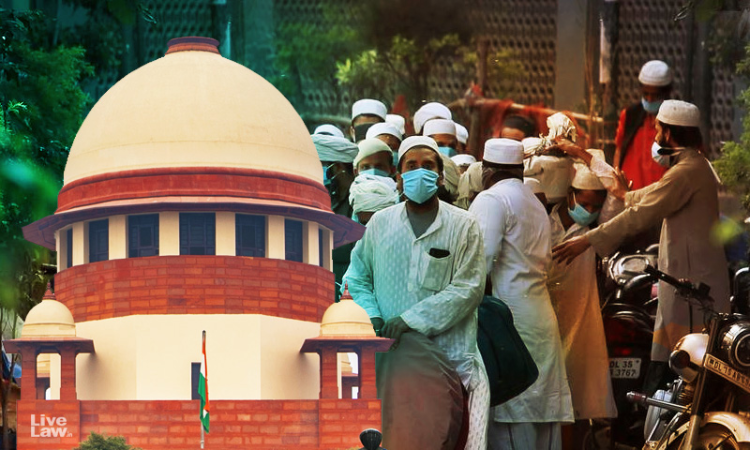As regards the blacklisting of almost 3500 persons in connection with the Tablighi Jamaat congregation, the Supreme Court on Wednesday orally remarked that the petitioners may consider the government's suggestion to make a representation for individual cases for a re-think on their own merits, as there may be scope of a resolution as regards deserving cases if not all.On May 5, SG Tushar...

